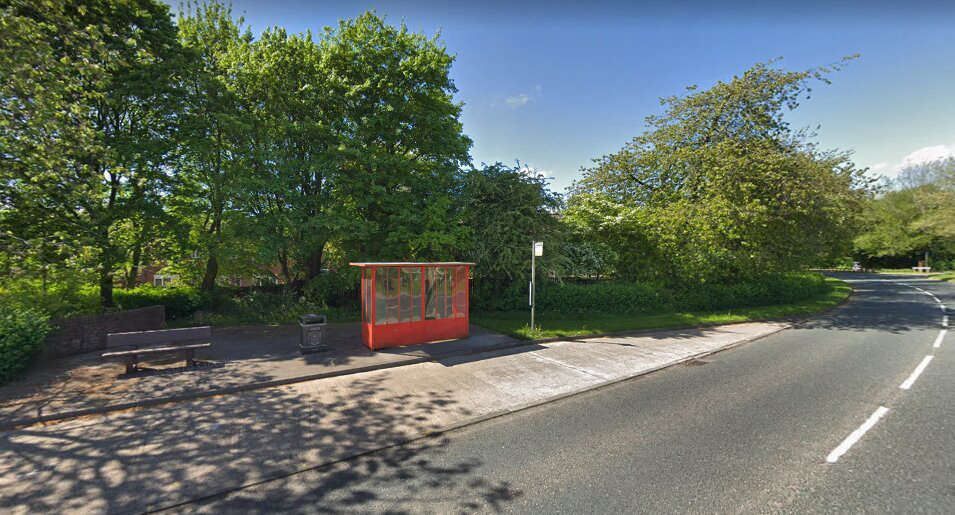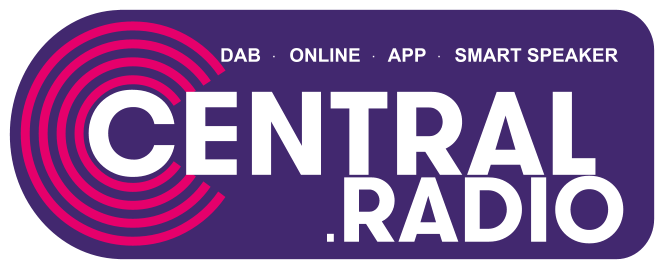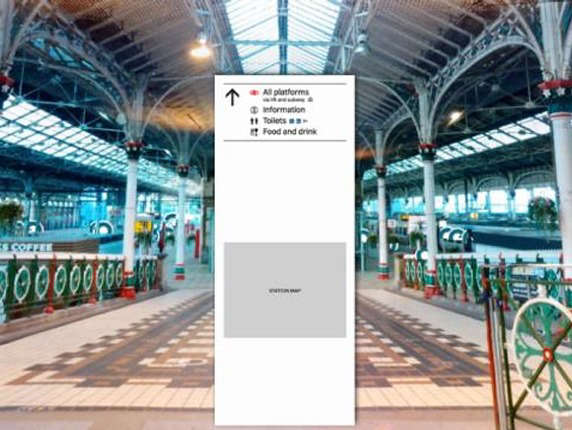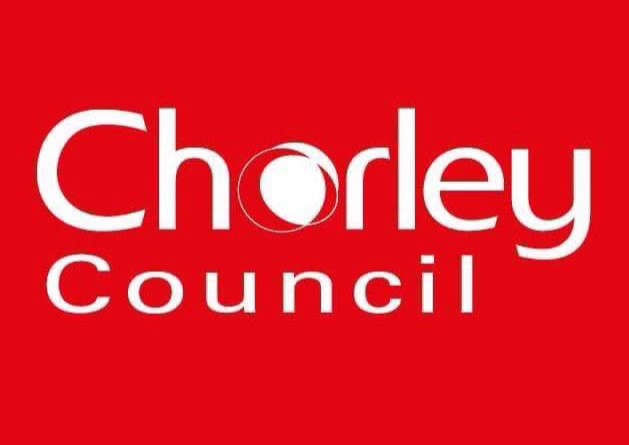
A cheap peak-time bus fare for disabled passengers is set to be scrapped across much of Lancashire – along with free bus passes for some of the county’s young people.
If approved by Lancashire County Council’s cabinet this week, the flat £1-per-journey rate for disabled people travelling before 9.30am on weekdays will be removed. The discount is currently available to holders of the disabled persons NoWCard, who can travel for free between 9.30am and 11pm Monday-to-Friday and at any time across the weekend and bank holidays.
Should the change go-ahead, the free, off-peak element of the concession would be unaffected – and the £1 discounted early morning fare would also continue for any journeys that start in the Blackpool or Blackburn with Darwen council areas, as those two authorities provide their own subsidy for what has hitherto been a county-wide initiative.
Meanwhile, free travel for 16-18-year-olds undertaking apprenticeships or those who are not in any form of education, employment or training – as well as young carers and parents – is also facing the axe in the county council area.
The scrapping of both initiatives was first floated in the authority’s budget last year, pending public consultation. County Hall cabinet members will be presented with the results of those consultations before making their decision at a meeting on Thursday.
More than 500 of the 10,000 disabled people in Lancashire holding a NoWCard responded to the proposal, with four in five disagreeing with the move – some of them strongly. A summary of the consultation states many respondents felt the change would “create barriers for disabled people to enter or remain in employment, access healthcare, or participate in wider community and leisure activities”.
The free young person’s travel scheme is used, on average, by 139 apprentices a month, together with 35 eligible for other reasons. Among the 32 consultation respondents from that group – both current and recent users – concerns were expressed by some that the withdrawal of the initiative would “limit their ability to travel, reducing their access to opportunities and services or lead[ing] them to consider withdrawing from their training or from providing care”.
A report to be considered by cabinet notes that both sets of consultation results should be interpreted “with some caution”, because of the proportionally low numbers of responses in each case.
If the schemes are ultimately removed, the disabled person’s concession will disappear from 1st April, while the young people’s free bus pass will be phased out through until 31st July – meaning current pass-holders and requested renewals will be honoured, in order to avoid disruption part-way through the academic year, but no new applications will be accepted.
The removal of the peak-time disabled fare will save the county council £239,000 per year, while scrapping the 16-18-year-old pass will bring in £155,000, which County Hall says could be used to help fund, amongst other things, the under-pressure school transport budget.
The two changes were amongst the most controversial proposed at te 2024 county council budget meeting almost 12 months ago. The Labour opposition group’s then finance spokesperson – now group leader – Matthew Tomlinson contrasted the “heated seat[s] [and] bluetooth stereo[s]” in some members’ cars with what he said was policy “to make it harder for young people and disabled people to do something as simple as ride on a bus”.
Speaking ahead of the meeting at which the final decision will be made, County Cllr Rupert Swarbrick, cabinet member for highways and transport, stressed that the “core NoWcard offer” for disabled people would not be affected.
He added: “We understand that some people will be disappointed to be losing the additional concession, which has always been an extra offer on top of the national scheme.
“In an ideal world, we would keep this indefinitely, but unfortunately we have to make some difficult decisions to maintain our financial sustainability and resilience.
“Local authorities across the country are facing the same challenges and we have to carefully consider where our limited funding is being spent.
“All journeys are capped at £3 and we will continue to invest in our bus network through our Bus Service Improvement Fund to ensure we provide excellent value for money for our residents.”
The government’s £3 single bus fare cap – which was increased from £2 at the end of last year – is currently guaranteed until the end of 2025.

 Beloved Preston Market book stall closes after 34 years as trade hits historic low
Beloved Preston Market book stall closes after 34 years as trade hits historic low
 Solar farm approved on Fylde / Preston border
Solar farm approved on Fylde / Preston border
 NHS in Lancashire urges patients and visitors to help curb spread of flu
NHS in Lancashire urges patients and visitors to help curb spread of flu
 Preston station’s new look
Preston station’s new look
 Lancashire’s £24m funding boost for cycle and walking schemes
Lancashire’s £24m funding boost for cycle and walking schemes
 Chorley Council takes enforcement against sub-standard housing conditions
Chorley Council takes enforcement against sub-standard housing conditions
 County lines drug dealing in Preston targeted in joint police operation
County lines drug dealing in Preston targeted in joint police operation
 Government backs 2026 local elections
Government backs 2026 local elections








